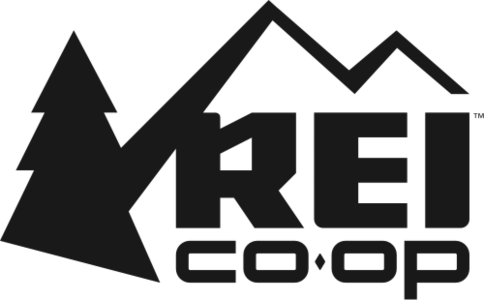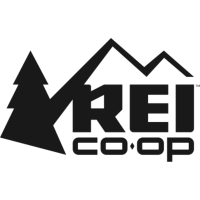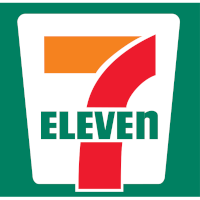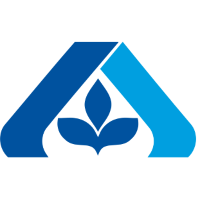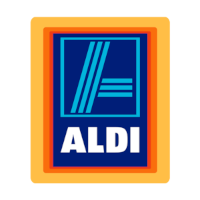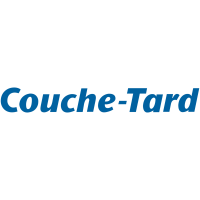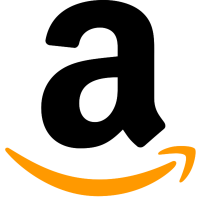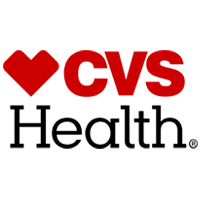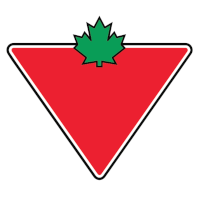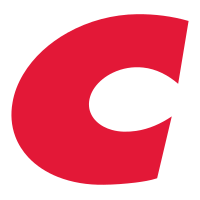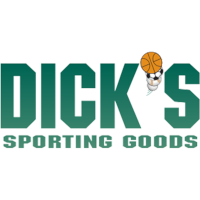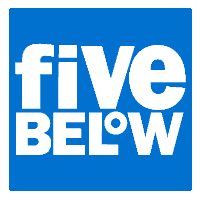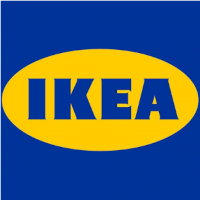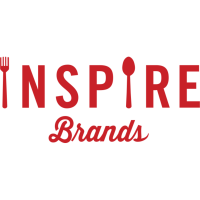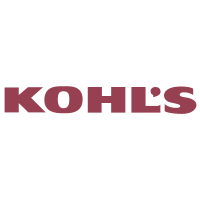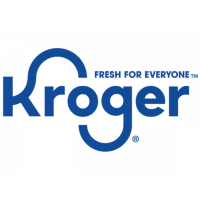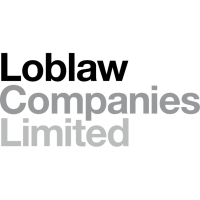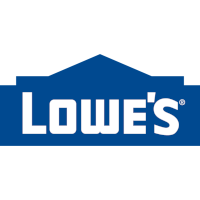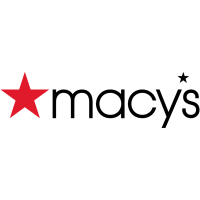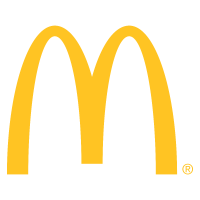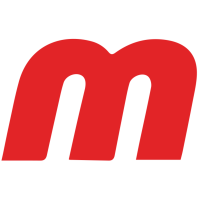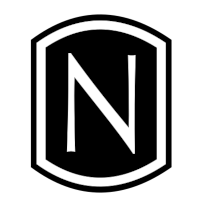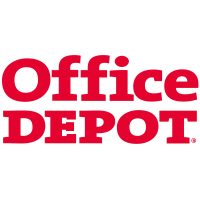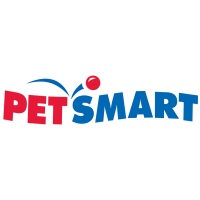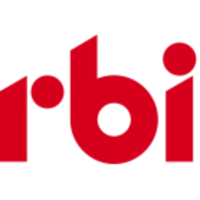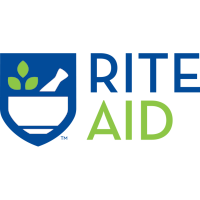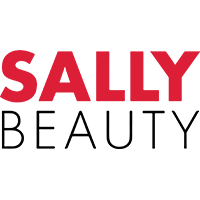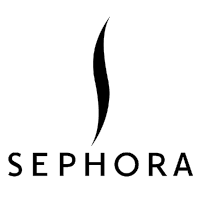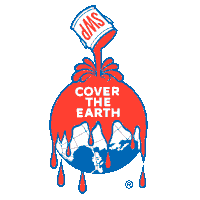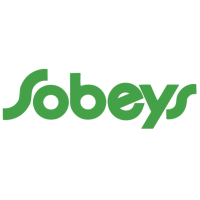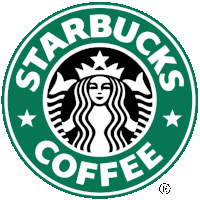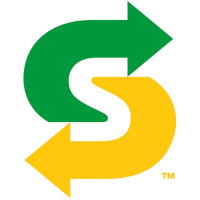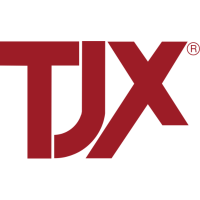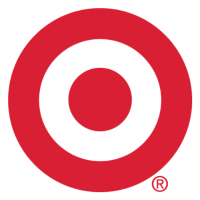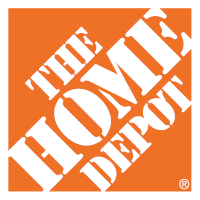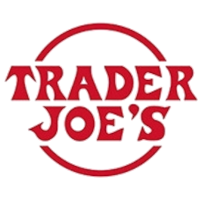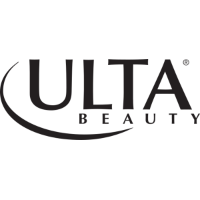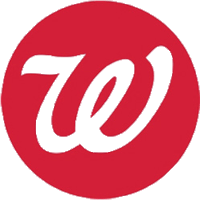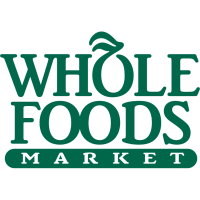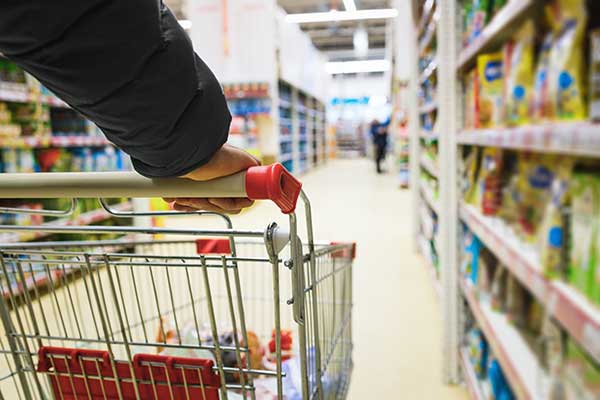Key Findings and Recommendations
- Corporate Commitment: REI has a public commitment to sell products that use safe chemicals that are managed responsibly throughout their lifecycle. The retailer is a founding member of the Sustainable Apparel Coalition and supported California’s ban on PFAS in textiles and flame retardants in tents. The company should participate in the Chemical Footprint Project survey to improve its chemicals management.
- Transparency: REI requires private-label suppliers to maintain a chemical inventory list that includes all processing chemicals used in manufacturing, to comply with its restricted substance list (RSL), and to conduct testing of products. While it requires suppliers to comply with bluesign® standards, REI does not otherwise require suppliers to disclose product ingredients to it or to consumers. REI should publicly commit to evaluate its chemical footprint.
- Ban the Bad: REI’s RSL restricts BPA in food contact products, some flame retardants in camping shelters, and various other chemicals in alignment with bluesign® standards for products and packaging. REI has a goal to restrict PFAS in all cookware, apparel, accessories, footwear, packs, and bags by fall 2024 and to restrict PFAS in all other textiles by fall 2026. The company has made progress implementing its restriction on PFAS in textiles by bringing to market private-label products with DWR treatments that are non-fluorinated. REI has also made progress in introducing tents without toxic flame retardants in recent years.
- Safer Solutions: REI has redesigned its private-label tents to meet new flammability standards, which will support REI’s transition away from the use of flame retardants in its private-label tents. REI sells Nikwax waterproofing treatment, which has been identified as a safer alternative for textiles treatment.
2024 Detailed Analysis of REI
Corporate Chemicals Policy
Adopted a safer chemicals policy
Oversight
Established management oversight
Chemical Footprint Project (CFP)
Participated in the CFP
Collaboration
Actively participates in collaborative process to promote safer chemicals
Public Policy Support
Supported governmental policies to reduce chemicals or plastics of high concern
Supply Chain Disclosure
Brands report use of chemicals or plastics in products or packaging to retailer
Supplier Accountability
Ensures supply chain accountability for chemicals or plastics restrictions
Consumer Disclosure
Brands disclose use of chemicals or plastics to consumers
Chemical Footprint Calculation
Publicly disclosed its chemical footprint
Restricted Substances List (RSL)/Manufacturing Restricted Substances List (MRSL)
Reduction/Elimination Goals
Chemicals and Plastics Reduction
Reduced or eliminated toxic chemicals or plastics of high concern
Safer alternative definition
Adopted a definition of safer alternative consistent with Washington state
Investment in Safer Solutions
Invested financial resources to advance and drive development of safer solutions
Implementation of Safer Solutions
Replaced chemicals or plastics of concern with safer solutions
Quantified Safer Products
Measured and disclosed progress towards safer products
How does REI compare to its competitors?
Previous Grade History
NOTE: Our evaluation criteria changed in 2024. The scores from previous review years through 2021 are based on a different set of criteria measured.
Click or tap on a grade year to review additional details (where available).

